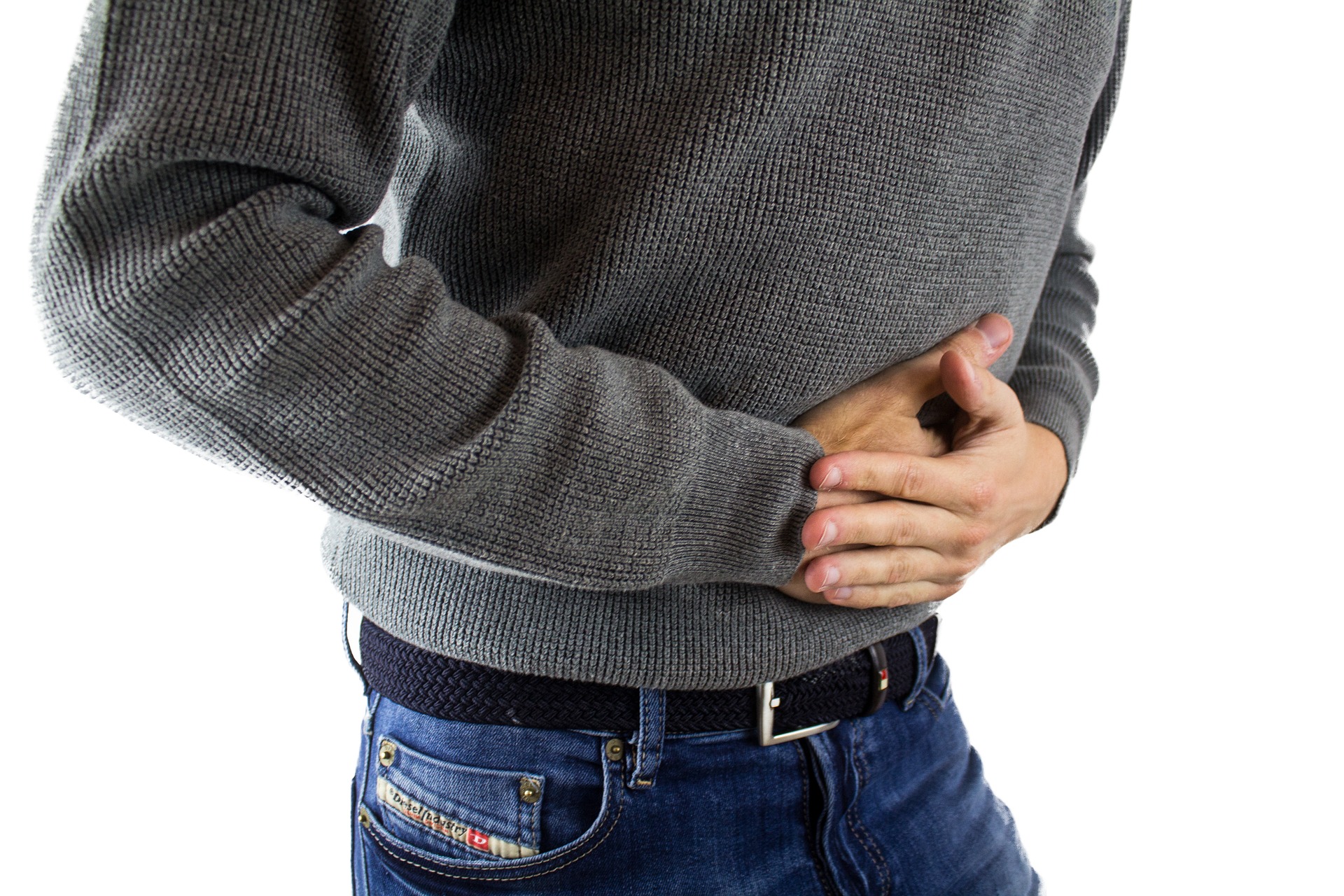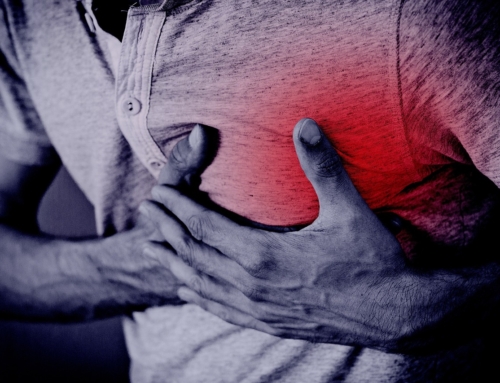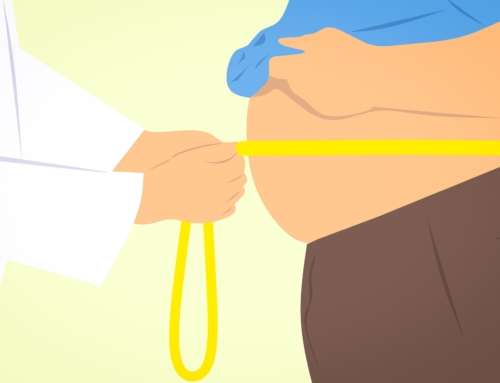If you have heartburn, nausea, frequent burping, bloating or reflux then you could possibly have a bacteria called Helicobacter Pylori (H Pylori). In fact, H pylori infection is thought to be found in close to 50% of the population and is also linked to 25% of stomach cancers. This bacteria is notorious for causing ulcers and is very resistant to drug treatment. Even after doing aggressive treatment the recurrence rate is high.
There has been a lot of speculation on how we contract H pylori to begin with. Turns out your own mouth might just be harboring these bacteria!
Read on to learn more about H pylori and how to decrease the incidence and chance of reinfection of H pylori after treatment…..
How do we get H pylori? This bacteria can be spread thru contaminated food and water. It can also be transmitted with contact with saliva and other bodily fluids. Yes, you can get this from your partner!
What are symptoms of H pylori? Some people have H pylori without any symptoms. It even thought that many children are infected with H pylori but don’t manifest symptoms until later in life. However, traditional symptoms are reflux, burning in the area just below your sternum, abdominal pain worse at night, nausea, burping and bloating.
How is H pylori diagnosed? You can diagnose H pylori several ways. The gold standard that traditional medicine embraces is a biopsy done at the time of a EGD (the scope down your mouth into your stomach area). Personally, I have seen biopsies miss problematic H pylori so I prefer a highly sensitive stool analysis. You can also do a breath test as long as you are not taking any proton pump inhibitors. Traditional breath testing and regular stool analysis can still miss H pylori though so a high degree of suspicion when symptoms are persistent should be considered.
How do you treat H pylori? Natural products that include mastic gum, berberine, bismuth and zinc may be used to address low levels of H pylori but since it is so resistant the treatment course is much longer and not always successful. Triple or quadruple therapies that include proton pump inhibitors and multiple antibiotics are the mainstay for treatment although inadequate treatment can still occur with this route. If you have to take antibiotics to treat this be sure and take a really good probiotic with saccharomyces boulardi the same day as the antibiotic but at a different time of the day.
Can H pylori come back? Yes! This can occur for a variety of reasons. One reason is the bacteria was resistant to the antibiotics so you didn’t get complete treatment. The second reason is you may have gotten reinfected by your spouse that has H pylori undiagnosed. The third reason is you may be harboring the bacteria in your own mouth. A really nice study recently addressed the incidence of re-infection of H pylori after treatment in two subsets. One group had traditional antibiotic therapy only while the other group had antibiotic therapy PLUS a deep periodontal cleaning. The incidence of recurrence was much lower when the gums and mouth were addressed at the same time! Before you tell me that you get your teeth cleaned twice a year and always get good checkups I want you to be aware that this is often not enough to have good, healthy gums and teeth. In this study, periodontal cleaning included scaling and root planning (which most dentists do at least some of this) but also included ultrasonic scaling therapy and irrigation with a chlorhexidine mouth rinse.
If you are continuing to have H pylori issues then get your partner checked as well as get your teeth cleaned!
To your health,
Laura









